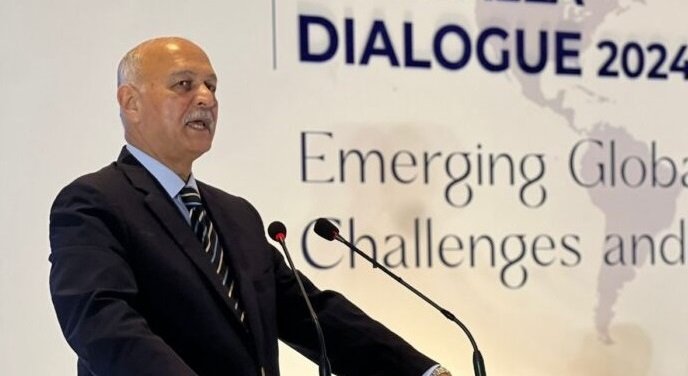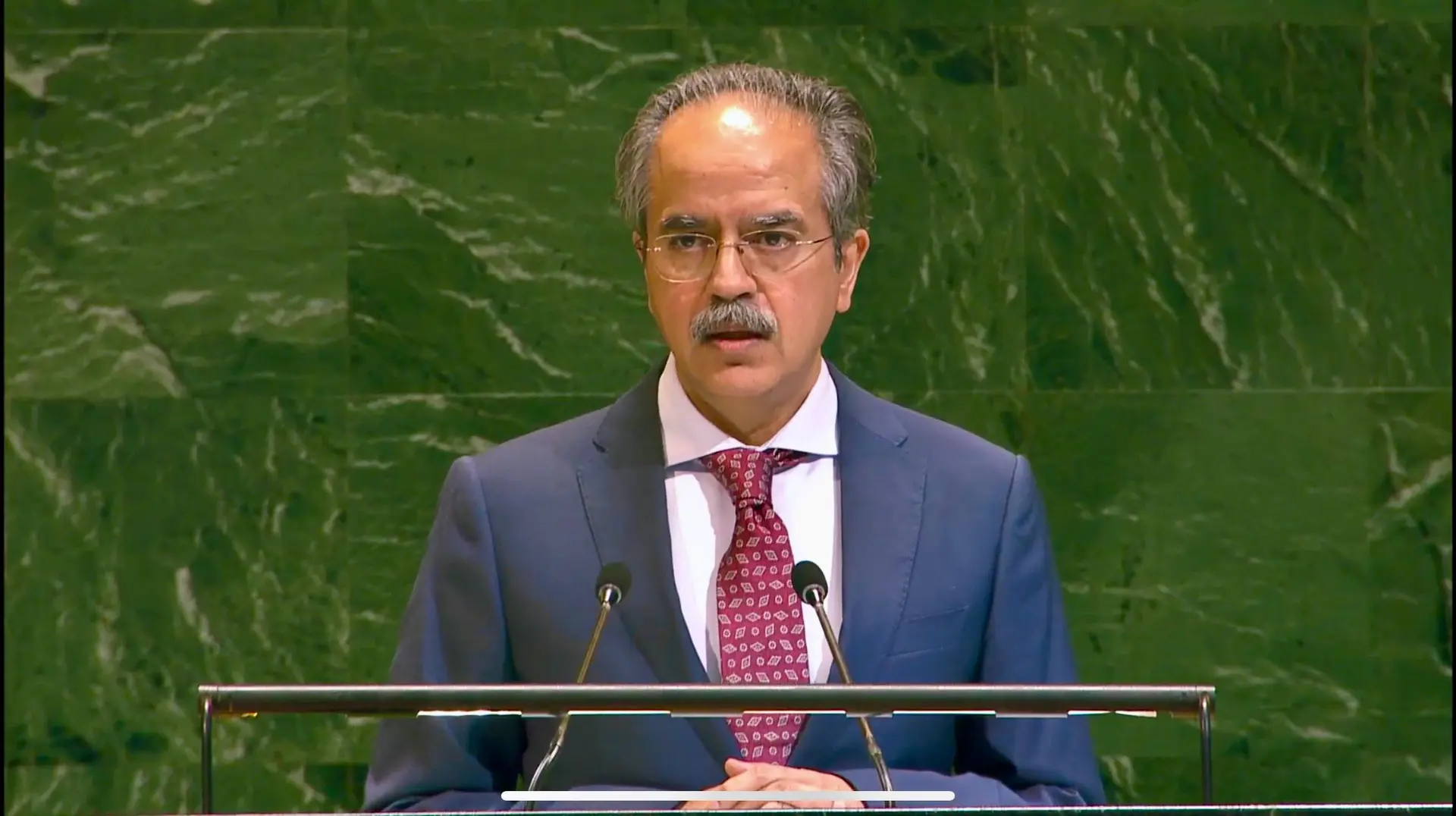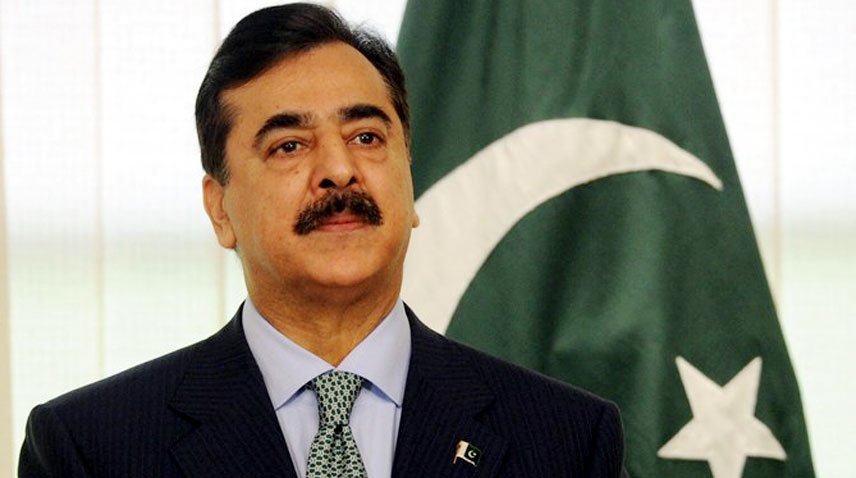Islamabad, November 18, 2024 – The Europe Today: Senator Mushahid Hussain Sayed has welcomed the election of Donald Trump as the US President, terming it a favorable development for global peace. He also praised Trump’s resolve to control the influence of the American ‘Deep State.’
In a keynote address at the ‘Margalla Dialogue,’ Senator Mushahid Hussain outlined the ‘red lines’ in Pakistan’s national security and foreign policy, identifying key priorities such as the country’s nuclear and missile programs, the issues of Occupied Kashmir and Palestine, China’s Belt and Road Initiative and the China-Pakistan Economic Corridor (CPEC), rejecting Indian hegemony, and staying away from any actions that could destabilize Iran.
Speaking on the conference theme of ‘Emerging Global Realities,’ he highlighted the shifting dynamics in global power, including the declining influence of Western and American dominance, China’s peaceful rise, and the resurgence of the Global South. He emphasized that in the coming decade, Muslim middle powers like Pakistan, Türkiye, Iran, Saudi Arabia, and Indonesia would play pivotal regional roles.
Senator Mushahid Hussain praised Donald Trump as the first US President since John F. Kennedy who is not a representative of the American security establishment, which he claimed had attempted to hinder Trump’s path to victory.
He also welcomed President Trump’s commitment to contain the influence of the ‘Deep State’ within the US, which Mushahid claimed has been active in fostering unrest and regime changes in developing countries.
The senator called for a reset in Pakistan’s regional foreign policy, urging the government not to unilaterally seek trade, talks, and cricket matches with India. He stressed the importance of developing friction-free relations with Afghanistan and Iran, as well as addressing China’s security concerns regarding terrorism.
Concluding his address, Mushahid Hussain stated that “Pakistan now has strategic space in the region,” but warned that the country’s biggest challenge remains a mindset of defeatism and fear, which he deemed demoralizing and harmful for progress. An interactive question-and-answer session followed his speech.












